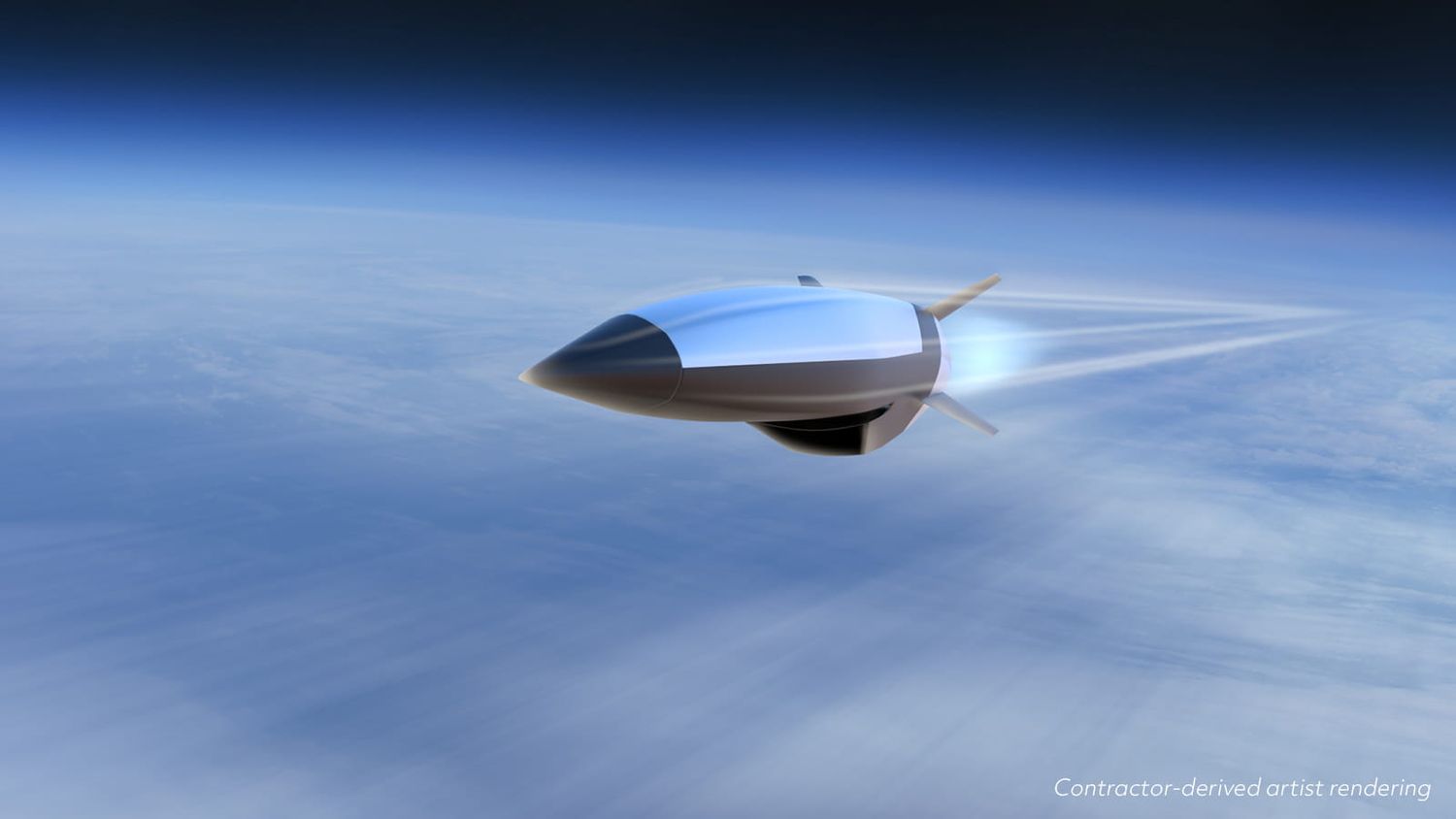Raytheon wins contract to develop hypersonic missile for the USAF
The U.S. Air Force awarded a USD 985 million contract to Raytheon Technologies to develop the future Hypersonic Attack Cruise Missile (HACM).
The task order provides for the HACM weapon system design, development and initial delivery through the performance of model-based critical design review, qualification, integration, manufacturing and testing. Work is expected to be completed by March 2027.
The company reported that the development work will be carried out in partnership with Northrop Grumman and within the Southern Cross Integrated Flight Research Experiment (SCIFiRE), a project agreement between the United States and Australia.
«Raytheon Missiles & Defense continues to be at the forefront of hypersonic weapon and air-breathing technology development,» said Wes Kremer, president of Raytheon Missiles & Defense. «With advanced threats emerging around the globe, the Hypersonic Attack Cruise Missile will provide our warfighters a much-needed capability.»
See also: Ukraine: first operational use of Kinzal hypersonic missile
The Hypersonic Attack Cruise Missile is an air-breathing, scramjet powered munition. Scramjet engines use high vehicle speed to forcibly compress incoming air before combustion, which enables sustained flight at hypersonic speeds – Mach 5 or greater. By traveling at these speeds, hypersonic weapons, like HACM, are able to reach their targets more quickly than similar traditional missiles, allowing them to potentially evade defensive systems.
«The Hypersonic Attack Cruise Missile creates a new class of strategically important weapons for the U.S. military,» said Mary Petryszyn, corporate vice president and president, Northrop Grumman Defense Systems. «Our scramjet propulsion technology is ushering in a new era for faster, more survivable and highly capable weapons.»
The HACM hypersonic missile will be a precision air-launched weapon capable of flying at speeds in excess of Mach-5 thanks to its scramjet engine. It will be capable of being carried by tactical fighter aircraft such as the F/A-18F Super Hornet, EA-18G Growler and F-35A Lightning II, as well as the P-8A Poseidon maritime surveillance aircraft.


Comentarios
Para comentar, debés estar registrado
Por favor, iniciá sesión